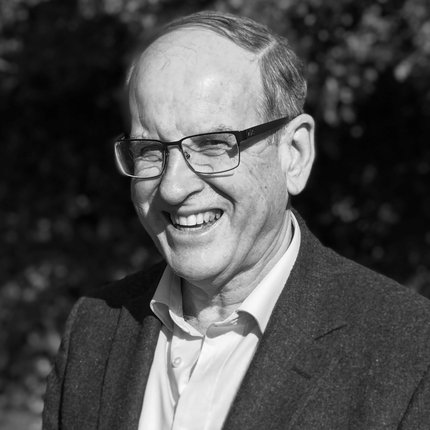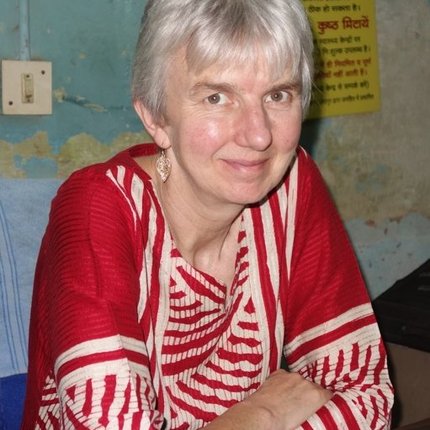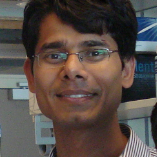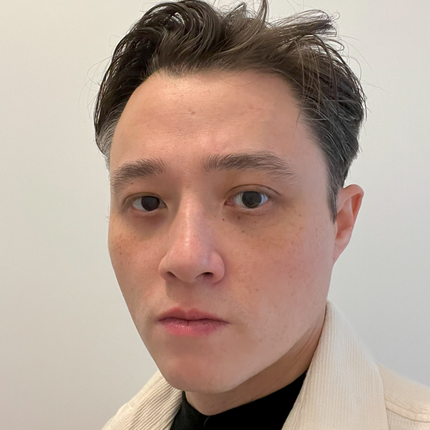TLM International Research Committee

Professor Warwick Britton PhD
Professor of Medicine and Immunology, University of Sydney.
A clinical immunologist, since 1990 Warwick has led the Mycobacterial Research Program at the Centenary Institute in Sydney to study of host immune responses to M. tuberculosis and M. leprae, antigen discovery, mycobacterial genetics and their application to vaccine development. He has long-standing interests in the global control of tuberculosis and leprosy, and has current studies on developing new TB vaccines and drugs, active case finding to improve TB control in Vietnam and testing new biomarkers for TB disease in Vietnam and China.
He served in a rural hospital in Nepal, then completed his PhD on the immunology of leprosy after which established The Leprosy Mission's Mycobacterial Research Laboratory at Anandaban Leprosy Hospital in Kathmandu for the study of human immune responses to M.leprae
Warwick has served on the International Research Committee since 1989 and is the current Chair.

Dr Paul Saunderson PhD
Technical Advisor, American Leprosy Missions
Editor-in-Chief, Leprosy Review
Paul has been involved in leprosy work since 1981 and serves on several WHO advisory and technical committees. He is a member of the ILEP Technical Commission and the Editor-in-Chief of Leprosy Review.
His research interests include post-exposure prophylaxis for leprosy using single-dose rifampicin.
Professor Diana NJ Lockwood PhD
Emeritus Professor of Tropical Medicine, London School of Hygiene & Tropical Medicine
Diana has worked as a clinical researcher, teacher, consultant leprologist, infectious disease physician, and journal editor. Her work has focused on improving the outcome of leprosy patients with nerve damage and has led an international consortium (the ENLIST group) of researchers to improve the management of leprosy patients with the leprosy complication Erythema Nodosum Leprosum (ENL/Type 2 Reaction) Read more about ENLIST here.
Diana is involved in several randomised-controlled trials of new treatment regimens for treating reactions
Diana is on the Editorial Board of Leprosy Review

Professor Pushpendra Singh PhD
Scientist, National Institute of Research in Tribal Health, Jabalpur, India
Pushpendra's areas of expertise include the genomics and molecular epidemiology of mycobacterial diseases (particularly TB and leprosy) and microbiology. application of genomic and transcriptomic approaches for improved understanding of pathogenesis, transmission and evolution of pathogenic microbes in human and animals.
Post-doctoral studies include:
1. Genome-wide analysis of M. leprae and M. tuberculosis strains using Next Generation Sequencing approaches.
2. Comparative genomics and phylogeography of leprosy bacilli: Development of molecular epidemiological tools for leprosy.
3. Comparative transcriptomics of leprosy: Analysis of transcriptional signature of disease stages (active/sub-clinical) and diverse clinical forms of leprosy using RNA-Seq.


Dr David Blok
Researcher, Erasmus MC, University Medical Center Rotterdam
David Blok is an academic researcher in public health and a senior infectious disease modeler at the Department of Public Health of Erasmus MC, University Medical Center Rotterdam, the Netherlands. His research focusses on neglected infectious disease with a focus on developing and evaluating intervention strategies using mathematical modeling, epidemiological and economic approaches.